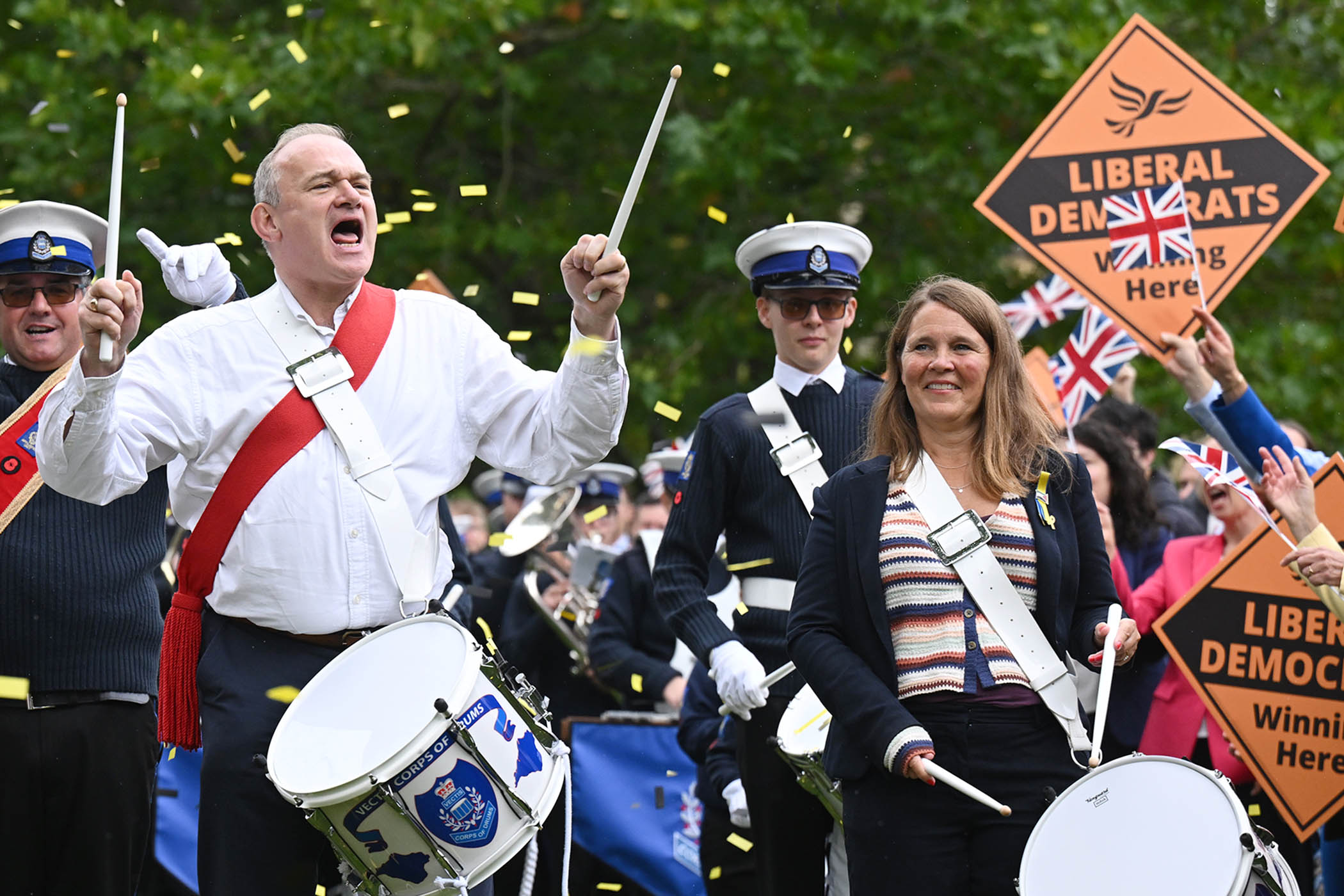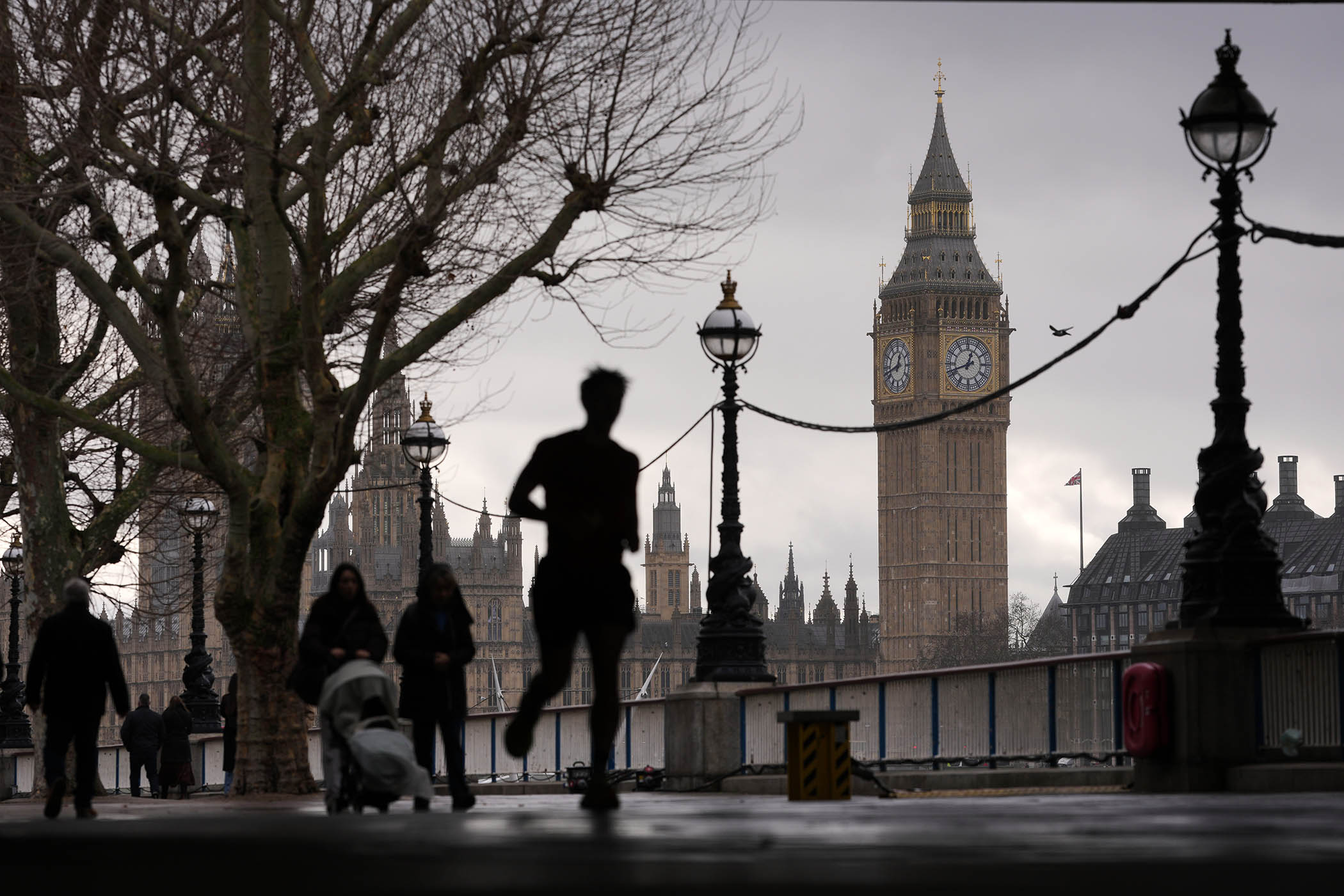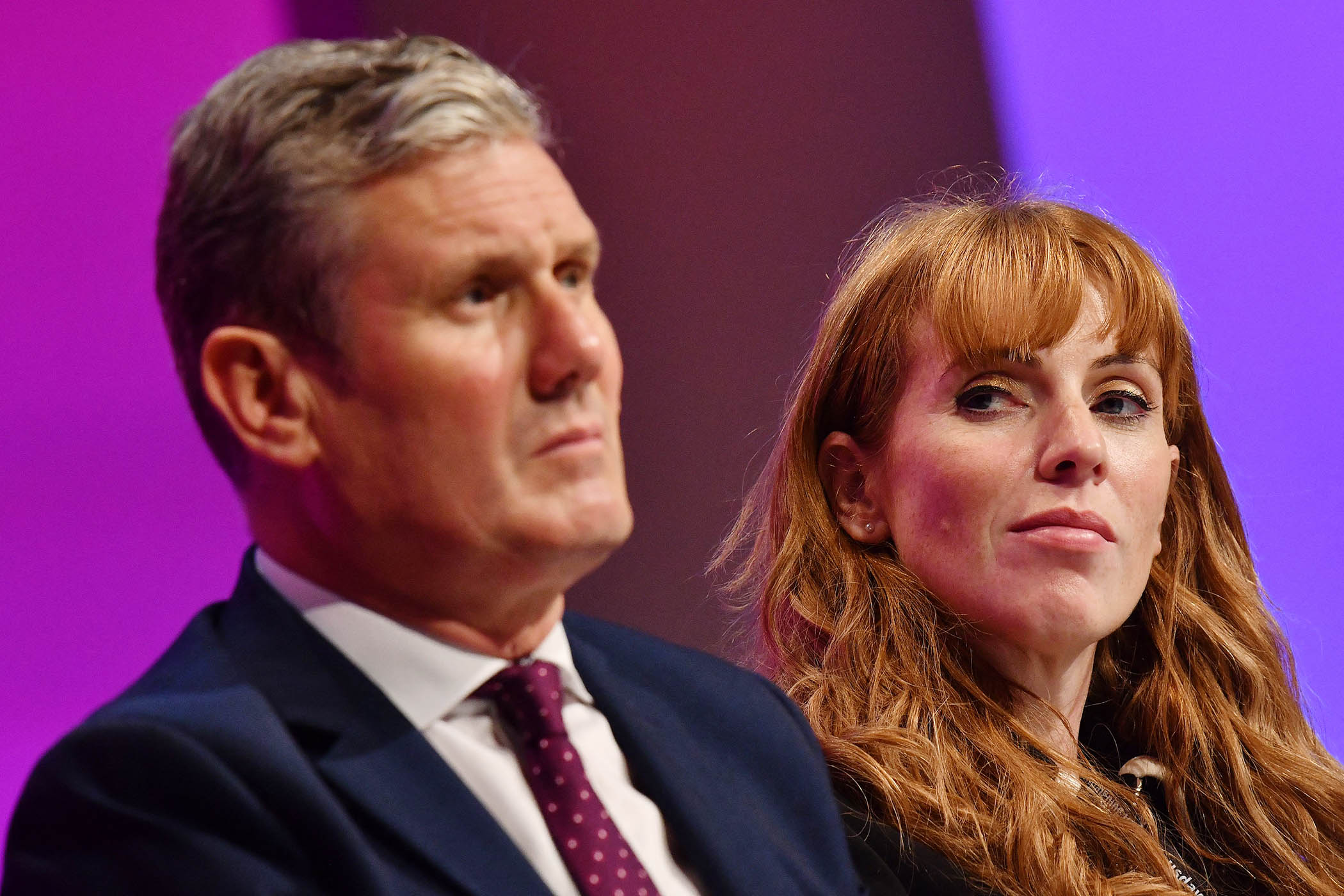Sir Ed Davey opened his party conference accompanied by a marching band, which could be taken as a mocking reference to the Donald Trump state visit, which the Lib Dem leader ostentatiously boycotted. He’ll be grateful someone noticed this wheeze, because nine-tenths of the Lib Dem’s battle is attracting attention.
The general election breakthrough last year was a big change for a party whose MPs could be comfortably fitted into a minibus not so long ago. Sir Ed was one of just 11 MPs when he took over as leader, now the Lib Dems boast 72, making them the largest third force in the Commons since the old Liberal party was led by Asquith in the early 1920s. The party has majority control of more councils than the Conservatives. Yet this rebirth of Liberal England was first eclipsed by the scale of Labour’s parliamentary landslide and has since been overshadowed by Reform’s surge in the polls. When one pollster recently showed a picture of Sir Ed to a sample of voters, just 37% could name him, even though he has led his party for five years and served in government. By contrast, 89% correctly identified Nigel Farage. Dressing up in wet suits and throwing himself off paddle boards has turned Sir Ed into the relentlessly cheery stuntman of British politics, but there are clearly limits to how far you can get with the game-for-a-laugh centrist dad vibe. Sir Ed shares the astonishment of Labour people that the government’s popularity has plunged so steeply. He is delighted that the Tories are floundering and show scant interest in competing for centrist voters. Yet the Lib Dem poll rating averages 14%, only a couple of points up on its vote share last July.
The aura of conquering hero with which he was bathed at last year’s conference has faded somewhat and there is a chunter of dissent from some within the party’s ranks about its management, direction and impact. When Lib Dem MPs were asked to choose a chair for their parliamentary party earlier this month, Anna Sabine, the leader’s parliamentary private secretary, was defeated by 44 votes to 27. The winner, Steff Aquarone, MP for North Norfolk, ran on a platform pointedly saying MPs needed to feel “valued, consulted and communicated with”.
Sir Ed has been astute about spotting empty spaces in the political battleground and moving to occupy the terrain
Sir Ed has been astute about spotting empty spaces in the political battleground and moving to occupy the terrain
If Sir Ed is not always cutting through, he can fairly protest that it is not for want of trying. He has been astute about spotting empty spaces in the political battleground and moving to occupy the terrain. Reform and the Tories won’t condemn Donald Trump and the Labour leadership can’t. Sir Ed has made himself a voice speaking for the millions of Brits who are repelled by the US president. He is also punchy about the dangers posed by US tech behemoths and has advocated a “Tesla tax” to penalise Elon Musk.
He declined the invitation to the state banquet at Windsor Castle in protest at the horrors inflicted on the people of Gaza. Sir Ed endorses the view that the Israeli government is perpetrating genocide, a position that Sir Keir Starmer is reluctant to embrace. He has pushed Labour to be bolder in fixing social care and braver in pursuing its rapprochement with the EU. He joined the opposition clamour over the Peter Mandelson debacle, but declined to demand the resignation of Angela Rayner for failing to pay the right amount of stamp duty. As the father of a disabled teenager, he expressed empathy with Ms Rayner’s anxiety to ensure that her disabled son was looked after.
It is on the domestic front that the Lib Dems struggle to make a consistently compelling impression. I suspect this is partly because the political matrix has been scrambled more dramatically than Sir Ed anticipated. When both Labour and the Tories were simultaneously in trouble in the past, the Lib Dems benefited by attracting the “plague on both your houses” voter. But now Mr Farage is competing for protest voters and doing so more successfully.
Sir Ed tells his members that there should be “no ceiling” on their ambitions, but it is the clinical focus of his party’s limited resources on winnable seats that has produced results. His main aim is to “finish the job” in the blue wall. “Soft Conservatives remain the main target,” says a senior Lib Dem. “The continued lurch towards Reform by Kemi Badenoch is great for us.” Nearly all the Lib Dem’s most promising prospects are seats held by Conservatives. Sir Ed presents his party as a refuge for what he calls “the homeless” centre-right voter who is disillusioned with Labour, despairs of the Tories and is disgusted by Reform.
Yet that strategy may exacerbate the tension between the kind of party the Lib Dems are and the kind of seats they aspire to hold or already do. The party’s activists skew left, but many of the constituencies represented by Lib Dem MPs are in extremely affluent areas of England. Sir Ed opposed the government’s attempt to constrain the welfare bill and has urged the end of the two-child cap on benefits, which pleased his activist base and put him to the left of the government. He has also attacked Labour for raising the payroll tax on companies, imposing VAT on private school fees and reducing the inheritance tax privileges of landowners. All that positions him to the right of Labour. In the immediate aftermath of the general election, he said the Lib Dems would provide “constructive opposition”. Cabinet ministers acerbically remark that it is easier to see the opposition than the construction.
Relations with Sir Keir Starmer have soured. The prime minister used to tell intimates “I like Ed”, and the Lib Dem knight has been heard to describe the Labour one as “a decent man”. Their exchanges at PMQs, once unusually courteous, have become scratchy. Sir Keir is dismissive of Sir Ed’s boycott of the state dinner as performative and regards the Lib Dem approach to tax and spend as unserious. The Lib Dem leader thinks the Labour one has been disappointingly timid.
That said, both surely know that the most consequential struggle of this era is that between the liberal left and the demagogic right. “Politics today is like playing with live ammunition,” says one of the Davey team. “Mess it up and you could put Nigel Farage into Number 10.” There’ll be some kissing and making up to do between the Lib Dems and Labour before we get to the next general election.
Newsletters
Choose the newsletters you want to receive
View more
For information about how The Observer protects your data, read our Privacy Policy
Photograph by Finnbarr Webster/Getty



